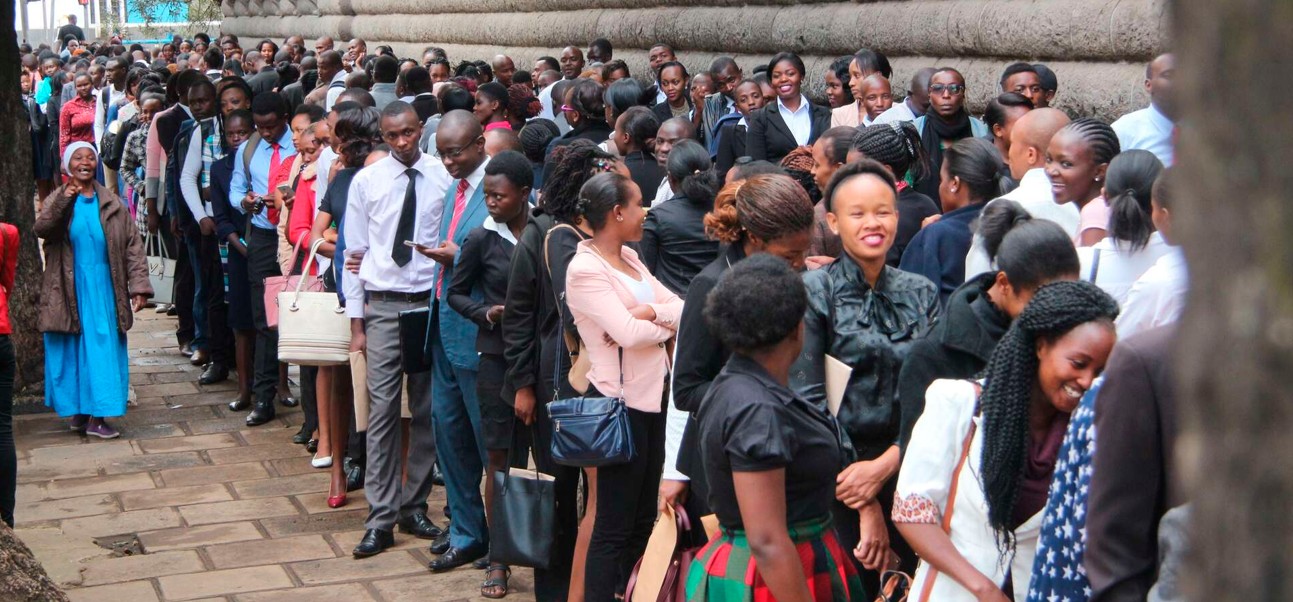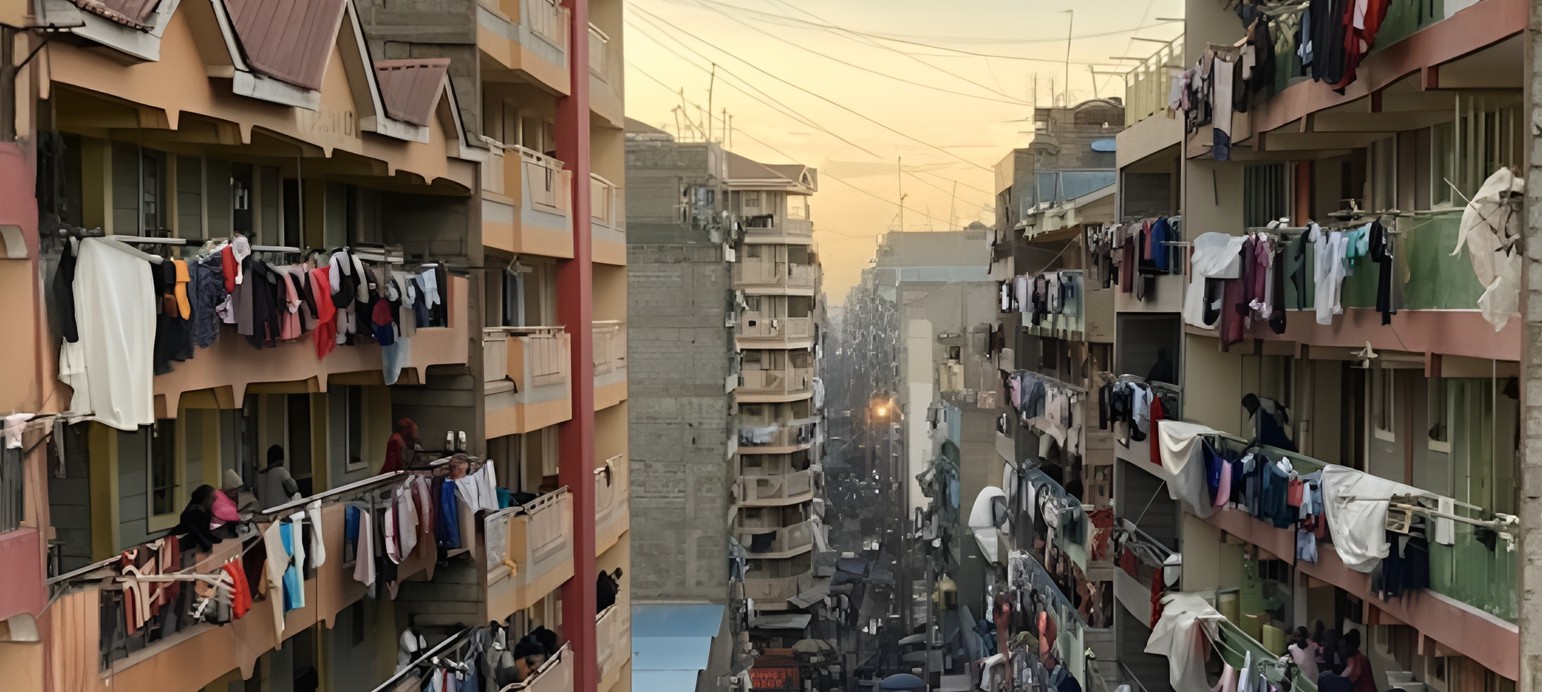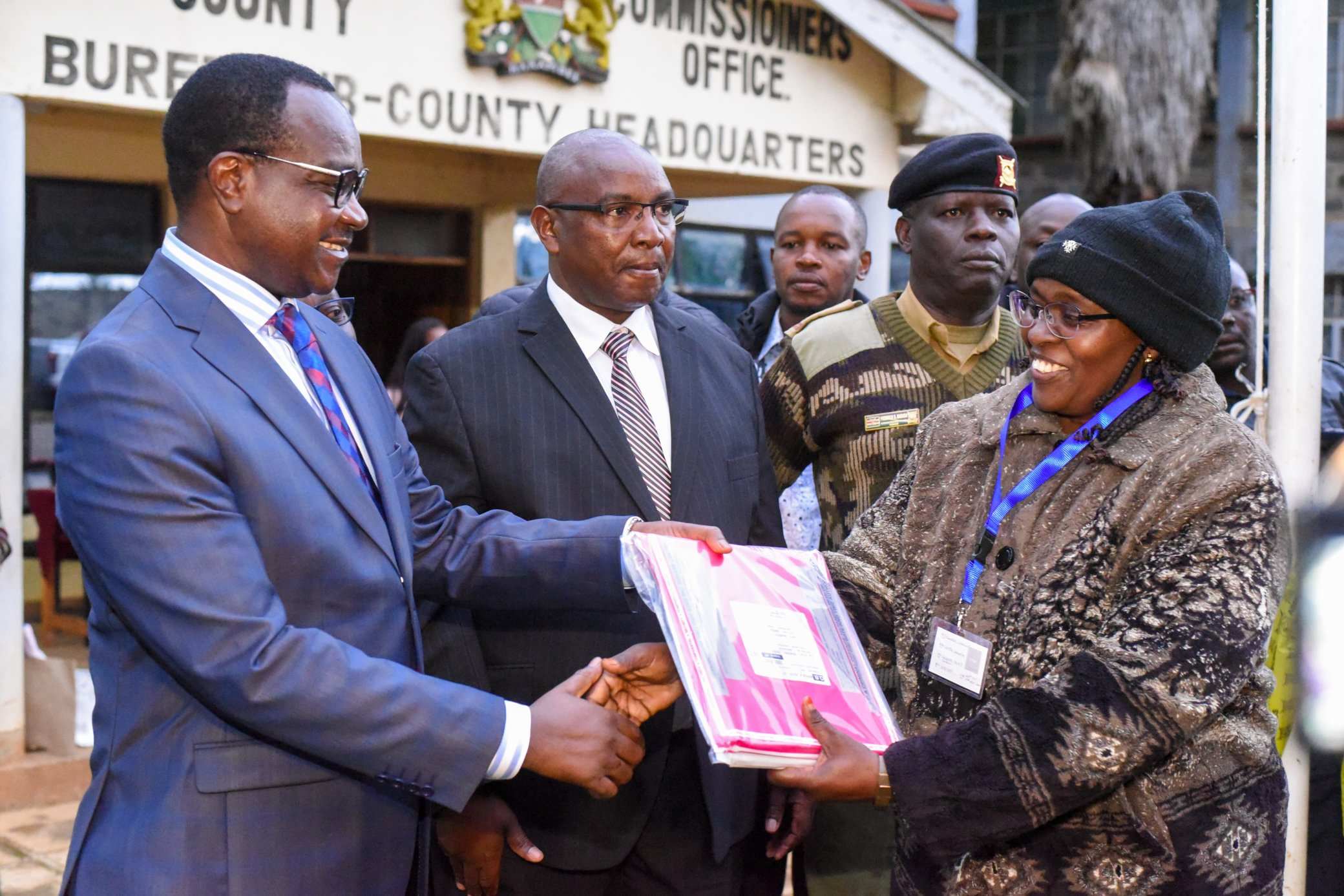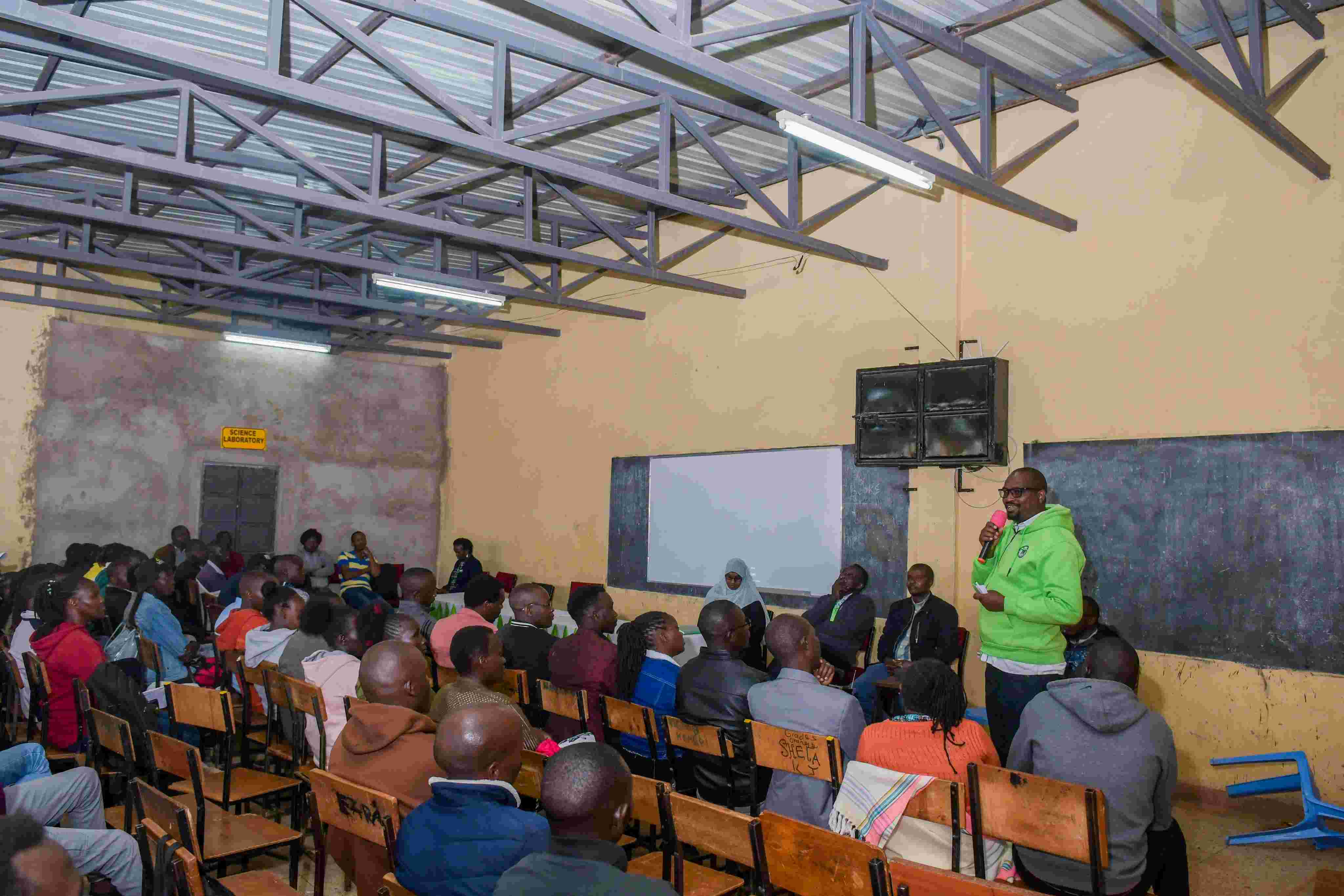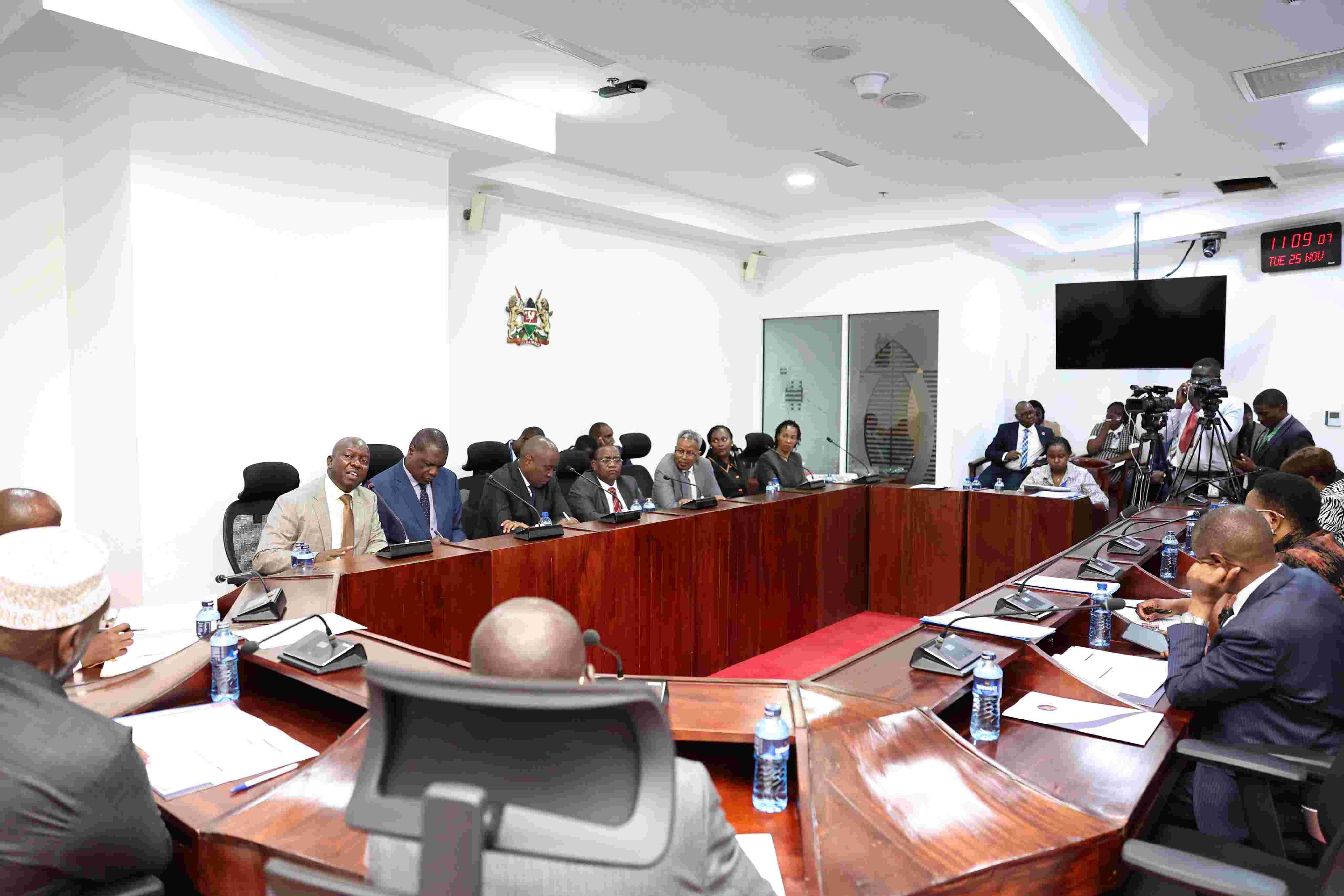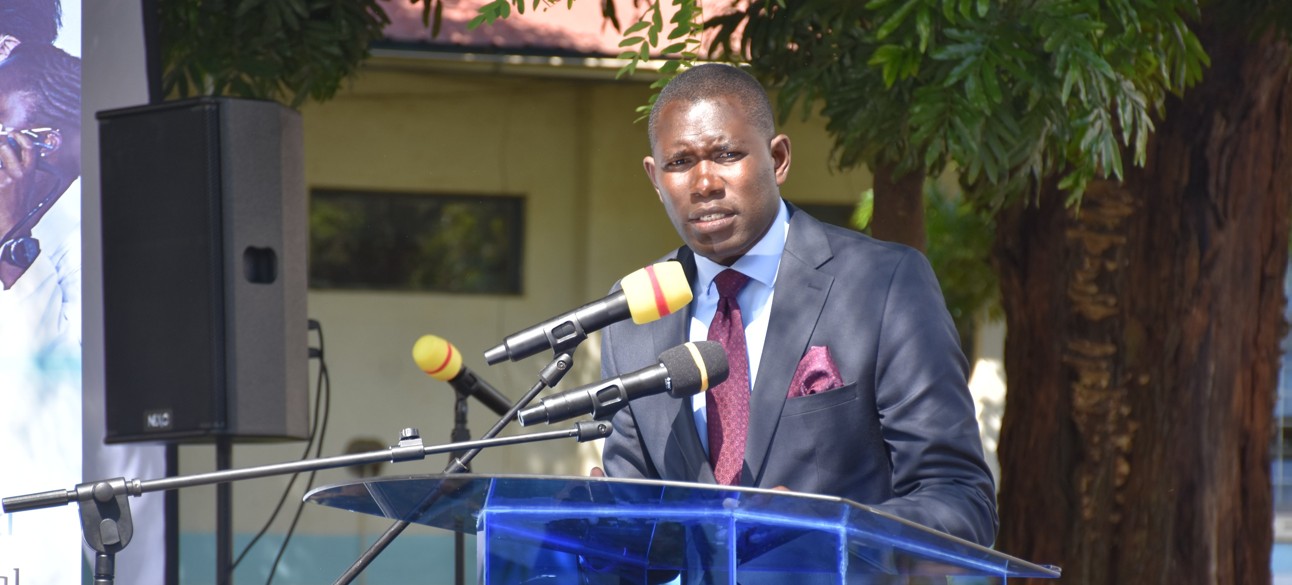MPs demand urgent reforms as unsafe health training risks patients and students

TVETA officials noted that Kenya currently has 237 accredited medical training institutions, including 88 private colleges, but warned that the proliferation of unregulated institutions threatens quality assurance.
The National Assembly has called for urgent reforms in Kenya’s health training sector, citing concerns that some institutions operate without proper registration or qualified faculty, putting patient safety and workforce credibility at risk.
The call follows an audit of 152 medical training institutions, which found that eight per cent admitted students without valid registration, while 26 per cent failed to meet the recommended faculty–student ratio of 1:10.
The audit findings were presented on Tuesday during a joint sitting of the Education and Health Committees, convened to deliberate on a petition from the Association of Medical Training Institutions of Kenya (AMTI–K). The petition sought recognition and fair regulation for private medical colleges offering health-related courses.
Kenya Health Professionals Oversight Authority (KHPOA) CEO Jackson Kioko said the assessment revealed major disparities in training standards.
“Entry requirements for similar courses varied widely, with certificate courses ranging from 6–12 months and diploma courses lasting 24–36 months. Additionally, some colleges provided no clinical exposure at all, while others offered 0–24 months of practical training,” Kioko said.
He warned that these differences posed serious risks to public health.
“Our assessment revealed that some institutions train without adequate faculty, without clinical attachments and in some cases without even being registered. This is a risk to patient safety and the credibility of our health workforce,” he added.
Discriminatory practices
The AMTI–K petition also highlighted alleged discriminatory practices, arbitrary fees, and conflicting mandates among regulatory bodies, including the Technical and Vocational Education and Training Curriculum Development, Assessment and Certification Council (TVET CDACC), KHPOA, and various professional councils. The association argued that overlapping inspections and levies were creating unnecessary burdens on private colleges.
Health Committee Chair and Seme MP James Nyikal stressed the need to streamline regulation.
“It has become clear that there are far too many bodies regulating health training, yet the quality of graduates is still uncertain. The fees charged to private institutions are prohibitive and inconsistent. We must harmonise training standards,” he said.
Endebess MP Robert Pukose called for immediate action to standardise fees across all regulatory agencies.
“Why should every agency charge its own levies? This duplication burdens parents and students and must be harmonised,” he said.
Kibra MP Peter Orero described the current system as unfair to students in private institutions.
“This petition exposes discrimination against students in private institutions. We must ensure that all trainees, whether public or private, receive equal treatment, training and certification,” he said.
TVETA officials noted that Kenya currently has 237 accredited medical training institutions, including 88 private colleges, but warned that the proliferation of unregulated institutions threatens quality assurance.
“The export demand for health workers has led to the rise of illegal training centres that are not accredited. We propose legislative harmonisation of the Health Act, TVET Act, and related laws to strengthen oversight,” TVETA said.
Education Committee Chair and Tinderet MP Julius Melly directed regulators to cooperate in reviewing laws to eliminate overlaps.
“The mandates of each regulator must be clarified in law. The Principal Acts need to be updated to align health training with national needs,” he said.
The joint committee resolved that KHPOA, TVETA, KNQA, and professional councils develop a unified framework for standardised entry requirements, curriculum design, and fee structures.
Nyikal urged regulators to produce a roadmap for harmonisation.
“KHPOA should work with all training regulators, including TVETA, CDACC, KNQA and the professional councils, to develop common policies for curriculum, qualification standards and training oversight. The goal is to ensure that Kenya produces competent and ethical health professionals,” he said.
The committees are expected to table a comprehensive report in Parliament, with recommendations that could inform legislative amendments to strengthen and streamline regulation in the health training sector.
Top Stories Today


